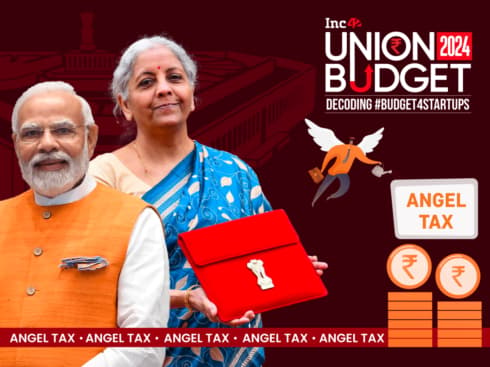
No other automobile segment has recently attracted as much investment as the electric vehicle (EV) category
The EV investment market, like any other, has reached saturation. It is no longer about sentimental investment; it is now about execution
The sector is expected to experience a ‘cooling-off’ period, an all-time low in terms of investment
No other automobile segment has recently attracted as much investment as the electric vehicle (EV) category. Both large and small players have promised, if not already invested, vast sums of money in the research, manufacturing, and resale of electric vehicles.
The segment alone has attracted billions of dollars in investment from players all over the world. It is an exciting time for the EV segment, as the world will see new and advanced vehicles hit the roads.
In 2020, the EV segment saw an investment of about $10 Bn worldwide. This figure doubled to touch $20 Bn in only one year. Even automakers like Ford and GM have announced billions of dollars in investments in the EV segment, with more to come.
It’s almost become a big trend, with leading investors jumping on board, paralysed by the fear of missing out. Electric vehicles represent a long-term investment opportunity with potential returns in the trillions of dollars.
Future Trends
Most of the investments have been completed. The EV investment market, like any other, has reached saturation. It is no longer about sentimental investment; it is now about execution. Previously, investments were made solely on the basis of ‘paper projections’ and PowerPoint presentations; now, the actual numbers would speak for themselves.
Every aspect of the EV sector has received significant investment. Be it battery production, original equipment manufacturing (OEM), or EV-based research. The large sums invested have also increased investors’ anxiety. Every entity involved, whether a car manufacturer or an investment firm, is waiting for actual numbers.
The segment was billed as the ‘IT’ thing of the future, and we are now well into it. Additional investments would be made based on the sector’s actual performance. As a result, the sector is expected to experience an all-time low in terms of investment. It is regarded as the segment’s ‘cooling-off’ period.
Government Policies Matter
One of the major driving forces for the industry is government policy formulation. Electric vehicles have been welcomed by the administration and government bodies.
Several countries have gone so far as to designate an electric vehicle lane on highways and exempt such vehicles from paying tolls. This was the case when the number of electric vehicles was limited and manageable. However, it will be interesting to see how government policies change as the number of such vehicles increases.
The local government of New Delhi, India, recently inaugurated a fleet of electric public buses. The government also claims that by 2025, more than 80% of New Delhi’s buses will be electric. If such a development occurs, it will be extremely beneficial to the entire sector. This refers to a specific region. It would work wonders if the total global figures were taken into account.
Performance Matters
The overall performance of the sector will determine the fate of future investments. The most important factor to consider is whether the investments were made in haste or not. Every small and large enterprise associated with the EV segment has attracted investment in recent years. It was as if whoever claimed to be associated with the category of electric vehicles received investment.
One of the concerns expressed by investors is whether the investments were made without thorough analysis or solely on emotion. It all comes down to numbers now. If the segment thrives in the future, there will be no turning back and petroleum-powered vehicles will be obsolete.































 Ad-lite browsing experience
Ad-lite browsing experience